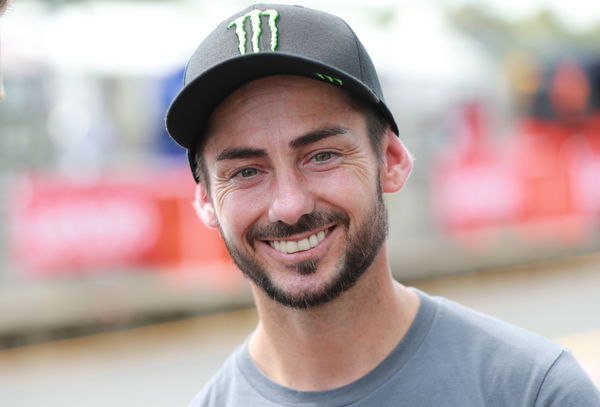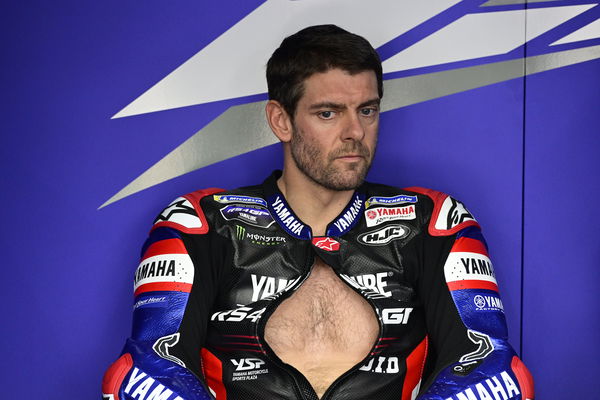Why doesn’t Suzuki have a satellite MotoGP team?
Suzuki has persevered with its single factory team since returning to MotoGP... but does such an approach now work against it in such a competitive field?
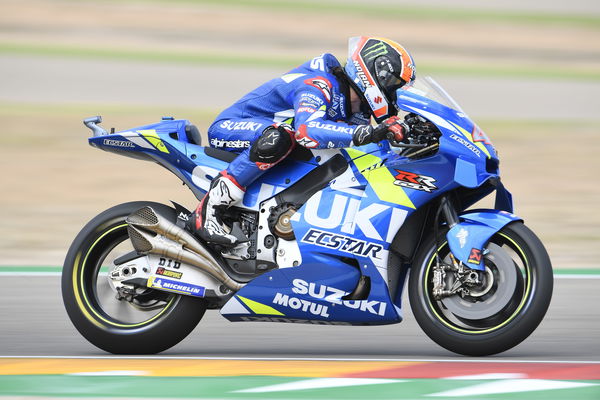
Another season has passed by and Suzuki continues to persevere with just its factory team, eschewing the usual MotoGP trope of expanding its interests with a satellite team to assist with data, mileage and foster new talent.
The Japanese manufacturer returned to the top-flight in 2015 and has enjoyed notable success since then, winning a race in 2016 with Maverick Vinales, finishing top five overall in 2018 with Alex Rins and then claiming a pair of victories courtesy of the Spaniard in 2019.
However, Suzuki has continued to rely on its two-rider factory set-up in that time, making it one of only two teams – together with Aprilia – to maintain a relatively minimal presence on the MotoGP grid.
Which begs the question: Is Suzuki missing a trick by not swelling its ranks?
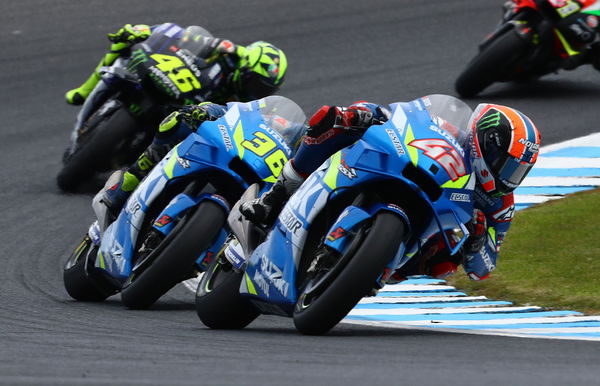
The reasons why Suzuki doesn’t have a satellite MotoGP team
Though its considerable racing heritage would have you believe Suzuki is on a par with Honda and Yamaha when it comes to global prominence, the firm is a fair bit smaller than its Japanese counterparts, at least on the two-wheel stage.
It previously cited the global financial crisis as its primary reason to withdraw from MotoGP in 2011, though its hiatus was only limited to four years. While Suzuki could probably stretch to a second team in MotoGP, it would still likely be exactly that - a stretch.
Indeed, more recent comments from Suzuki over its active decision not to enlist a satellite effort centre on its preference to pump all of its resources and focus into sharpening its Ecstar factory team, rather than spread the wealth over two teams and four riders.
In many ways, the timing isn’t quite right for Suzuki to introduce a satellite team. Whereas once upon a time satellite teams were kept at relative arms’ length by manufacturers to ensure they didn’t embarrass the factory efforts, ‘the big three’ now openly assist their compatriots with protégé riders and up-to-spec machinery.
As such, in order to go toe-to-toe with Petronas SRT Yamaha and Pramac Ducati – teams that will get A-spec 2020 machinery next season to complement their factory stablemates – Suzuki would need go on a similar (expensive) par if it is really to help its cause.
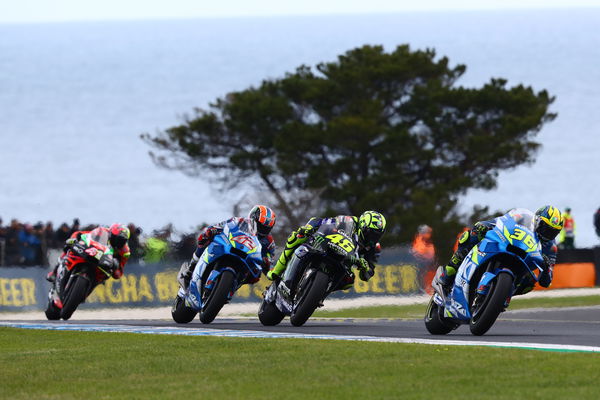
Why Suzuki would benefit from having a satellite team
By the same token, the fact Yamaha, Ducati and to a lesser extent Honda are bolstering their satellite efforts so as to make the upper echelons of MotoGP more competitive could be seen as a great argument for Suzuki to get in the mix too.
Indeed, though Suzuki has done a sterling job bringing the GSX-RR up to standard on timetable with a platform it has meticulously refined over the years, unless it can ensure greater consistency from the package it risks being swallowed up by the increasingly strong front-to-midfield.
Naturally, an extra pair of bikes on the grid would speed up data acquisition and set-up work, an area the team – especially Alex Rins – notably lacked in 2019 as it faltered repeatedly in qualifying, albeit often coming on strong in race conditions.
It would also give Suzuki a proving ground for younger riders. It has taken some punts in the past with Vinales, Rins and more recently Joan Mir receiving fairly premature promotions to MotoGP (with success), but it means the team lacks some flexibility come contract renewal time simply through a lack of machinery
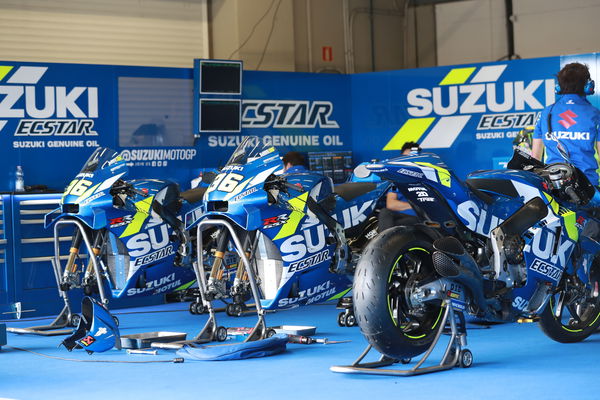
Could Suzuki grow its MotoGP interests in future?
Though this is a question that has been asked every year since Suzuki returned to MotoGP, there does certainly seem to be an appetite to bring a second team on board.
Talks are said to have reached an advanced stage with top Moto2 team Marc VDS before it opted to withdraw from MotoGP altogether, while Aspar (Angel Nieto Team) and Avintia have also made enquiries in the past too.
Holding Suzuki back – beyond its own resource limitations – is also simply the lack of teams to take it on. Beyond the current satellite/factory-aligned teams of Petronas SRT, Pramac, LCR and Tech 3, the Avintia team is now ultimately the only true privateer effort on the grid… and even that has been upgraded to ‘satellite’ status at Ducati to fill the void left by ‘factory Ducati B team’ Pramac.
As such, it would need to look towards an all-new outfit or a graduating Moto2/3 outfit, which poses its own risks.
A decision may come in 2020 when contracts come up for renewal but for now it seems Suzuki is content to stick to what it knows for the short-term even if it may not benefit them longer-term.
